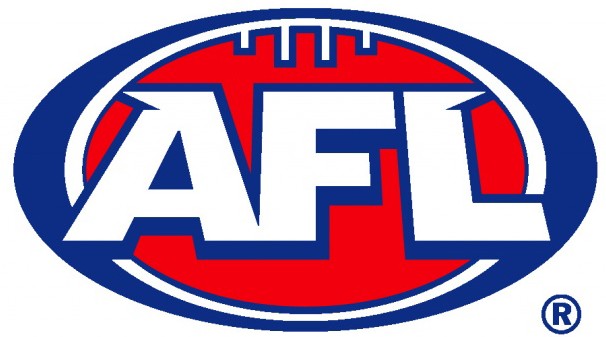
The NBA, like the Australian Football League (AFL), operates on a salary cap. In both leagues, contracts are guaranteed, meaning if you sign a player for 5 years you are liable for the full compensation for that time. A lot of NBA teams use the latter end of large contracts to their advantage, whereas their AFL counterparts don’t. Welcome to the world of expiring contracts.
In the NBA trade period, some of the most valuable bargaining chips are players on large contracts who have under 1 year left to run. Why? The way, for the most part, NBA trades work is that the dollar figure has to loosely match on each side of the trade. Cash and draft picks can also be traded, but they are generally add-ons and irrelevant to this discussion. A team can acquire a player on a large salary and then let him go at season’s end, thus freeing that amount of money from its books. With that cap space, iy can make a play for a free agent. This helps teams that want to rebuild for the future.
Let’s take the example of Kris Humphries, currently plying his trade for the Boston Celtics. He signed a 2 year, $24 million dollar deal at the start of the 2012-13 season with the Brooklyn Nets. He was traded at the start of this season in exchange for players who had long-term contracts. The general consensus was that Boston’s GM Danny Ainge was looking to shed his contract from their cap, leaving the team room to make a bid for a free agent.
Now let’s look to the AFL. Firstly, all AFL teams must pay 95% of the salary cap to their players, which is currently at around $9 million. Every team has a large contract it would love to shed off its cap, and with the introduction of free agency just 2 seasons ago, the idea of taking a season to rebuild seems quite attractive, so why don’t they do it?
It all comes down to perception. It is perfectly fine for a team to blood its youngsters on the field and rebuild for the long term, but if a team was to trade an ageing player on a high salary it would be classed as ‘tanking’. It’s a fine line between the two – tanking vs. rebuilding. However, if fans were to know that the intention of the club was to go out and sign a big name player in the off season with the free cap space, would they be upset? Knowing they have to suffer the pain for a season in lieu of a reward the next, how is that different to the set up now?
It works in the NBA, I ask, why not the AFL?

One reply on “Why Don’t Australian Football League Teams Trade Expiring Contracts?”
so many different reasons, but AFL clubs are just that – clubs, many of us support the clubs by way of family. The NBA used to market specific players, rather than teams and franchises. It’s a different style of ‘following’ or supporting your team.